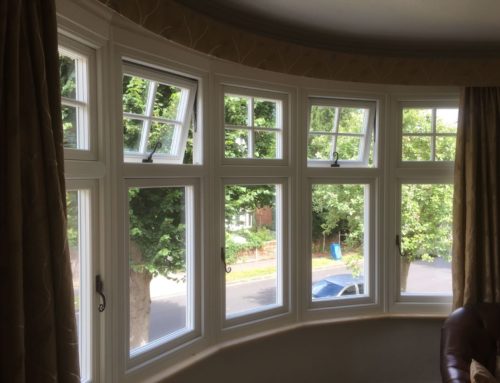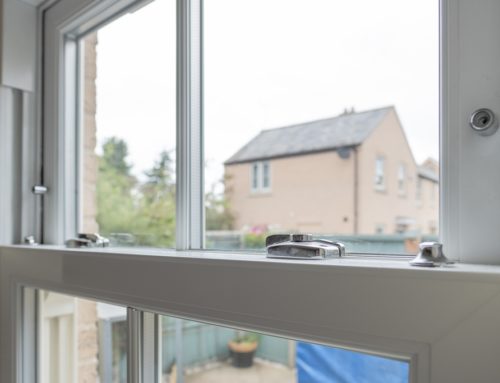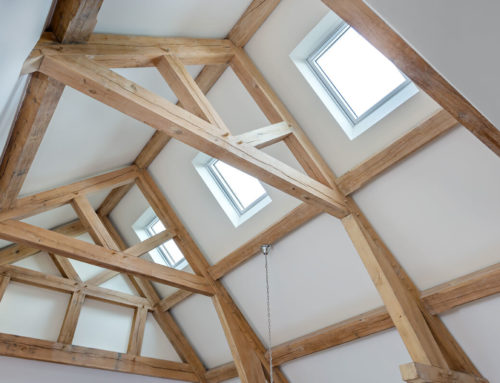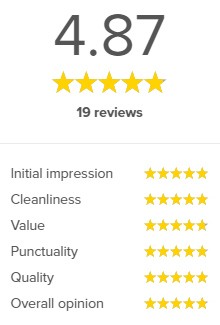
Bring light into your home or office with a glass extension
An extension can add valuable space to a property, but if it’s poorly designed, it can be boxy. Single-storey, flat-roofed extensions are very popular because of their low cost, but a tendency to fit small windows can leave you with a space that is rather dull.
Modern architecture is all about large expanses of glass, so it’s no surprise that the glass extension is becoming a firm favourite in the south east of England. This article serves as a general guide to your options when choosing a glass extension.
Types of glass extensions
If you’re thinking of adding a new extension to your home, there are two main routes you can go down. You can opt for a glass extension with visible metal pillars, or invest in a frameless glass structure instead.
The main difference with a framed glass extension is obviously that the view will be obstructed. However, we can manufacture frames in a variety of colours, so you can choose something easy on the eye. The right colour frame will complement the building and fade into the hues of the garden quite naturally.
Planning a glass extension
Glass extensions differ from conservatories on one key level: conservatories don’t need planning permission. However, a small glass extension may be considered a permitted development.
Getting planning permission sounds like extra hassle, but it’s worthy of consideration, because there are extra building regulations that will result in an entirely different room. With a glass extension, you are bound to using double-glazing, so the room can be used all year round. Compare that to a cheap conservatory, which can be cold in winter and hot in summer, and you’ll quickly understand the difference.
You should aim to bring as much light in through the roof as you can, which will mean installing a roof lantern in an existing roof, or creating a fully glazed roof if you have the budget. Low-E glass is essential to keep heat inside the home, and A-rated glazing is highly recommended.
Budgeting for a glass extension
Glass extensions don’t come cheap, and the ultra-modern feel does have a certain price tag. A small, single-storey glass extension with slim aluminium frames will cost around £10,000. A particularly large, open plan extension could cost up to £30,000 and will add significant ‘wow factor’ to your home.
There are several options that affect the price, in addition to the physical size. If your budget is tight, stick with regular glass rather than self-cleaning glass. If you don’t like the glass box look, an orangery offers some of the same benefits, and gives you the added flexibility of running power sockets to the walls.
Factor in the aspect and the need for privacy, too. A glass box is inevitably going to provide a huge window into the house, which can make you feel exposed. Include the cost of blinds for the windows if your extension is south-facing or close to a road, and think about remote controlled vents to cool the room in summer.
Get more advice
No two homes are the same, and no two glass extensions are the same. Each one is a bespoke design that delivers light and space, while remaining secure. To chat about your options, don’t hesitate to speak to Hamilton Windows today.






